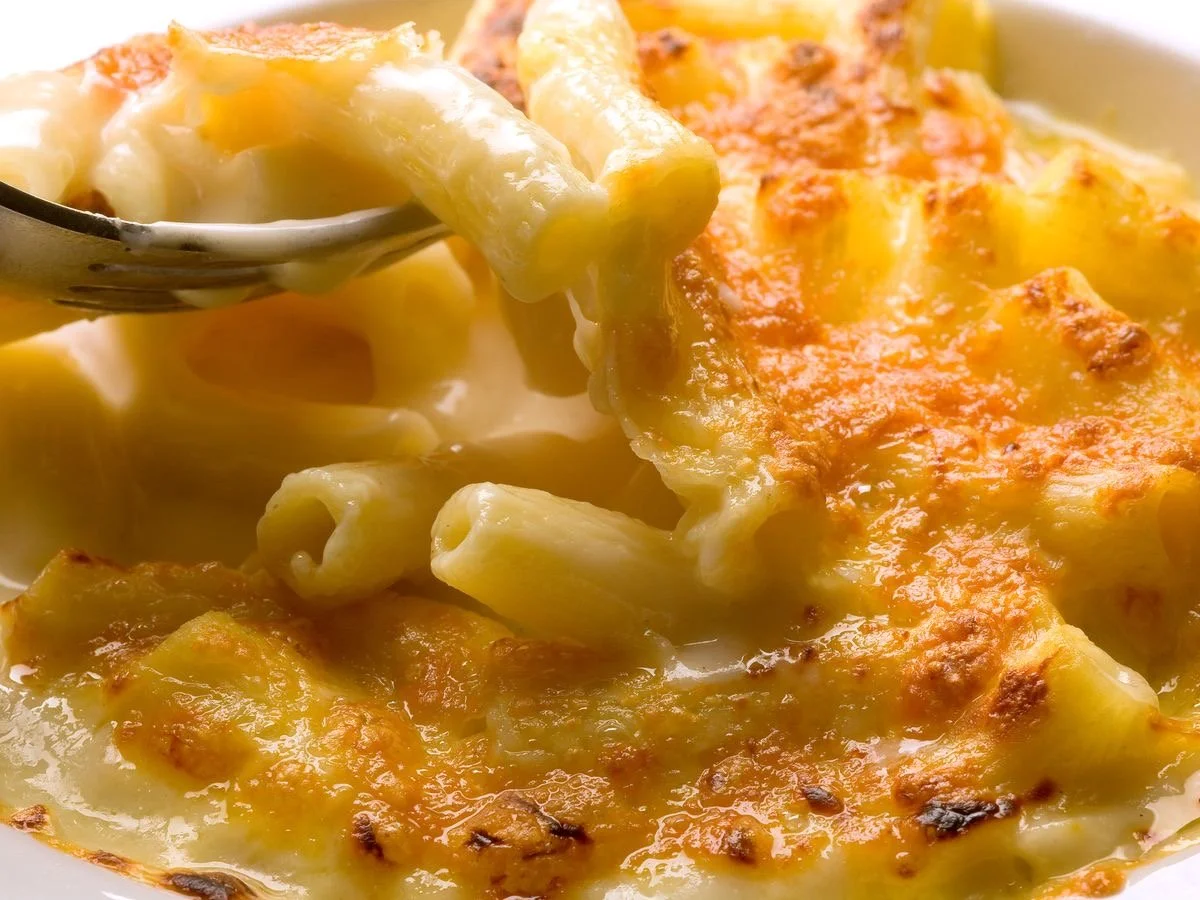Dismay and confusion followed the UK government’s recent postponement of a supermarket ban on cheap BOGOFs or multi-buy deals on junk foods (known as HFSS, or High in Fat, Sugar and Salt) and on television advertisements for these before 9pm. The ban was set for October of this year, and was a key part of the Westminster Government’s National Food Strategy aimed at tackling obesity among other things. It’s now rescheduled for October 2023, with the ban on tv and online advertising coming in a year later.
The reason given for the postponement was to help ease the effect of the cost of living crisis on family budgets. This flies in the face of evidence that such promotions can encourage over-consumption and impulse buying of unhealthy foods, which account for around 20% of the calories and fat in our diet and more than half of our free sugar intake.
So it’s not going to help the battle on obesity, overweight and serious implications for the nation’s health as well as the NHS. This remains a problem that is not going away anywhere fast in the UK including Scotland, where two-thirds of adults and one-third of children are obese or overweight – with those in the poorest areas most vulnerable. The calorie content of foods purchased following the first year of Covid snowballed.
The postponement of the ban has implications for the Scottish diet because a substantial volume of big-brand foods purchased in supermarkets is produced by blue-chip or multinational brands based outwith Scotland. Think Kellogg’s, Unilever, Kraft Heinz, Mars, Cadbury, and so on. A case in point is Kellogg’s, which has lost its High Court case against being included in the (postponed) ban because of some of its breakfast cereals’ high sugar content.
However, it seems there is hope despite the Westminster U-turn.
Some supermarkets are going ahead with the ban, presumably in the knowledge that it’s coming anyway and that by doing it now it’ll soften the blow come October 2023. Some of the big brands like Mars, Cadbury, Galaxy, Snickers, Angel Delight and Walkers crisps have already launched reduced fat, salt and sugar products – with the wrappers informing consumers of the change.
And the Scottish government has announced is own consultation on restricting junk food promotions and BOGOFs on big-brand confectionery, cakes, crisps, savoury snacks and sugary soft drinks, which will run for 12 weeks to September this year.
There’s another, less well-known, aspect to this whole issue.
Some 95% of the food and drink manufacturers based in Scotland are SMEs, or small-to-medium companies. And many of them have been working behind the scenes to reformulate their products to make them healthier “by stealth”.
Through the Food and Drink Federation Scotland’s Reformulation for Health programme, launched in 2019 and funded by the Scottish government, by making small changes to their recipes, many of our best-known brands through to the smallest island producers have already removed millions of calories and tonnes of salt from the Scottish diet. Bakery goods, meat products and smoked fish through to ice-cream, crisps and chocolate – those most likely to be classed as HFSS foods – are being quietly transformed. Reformulated ingredients are used in the increasing number of out-of-home meals and snacks too.
Take, for example, Scotland’s top pie brand Bells Food Group which has cut the salt content of its Scotch pie shells by 50%, and Strathmore Foods which is removing 100 million calories by tweaking its macaroni cheese recipe with a 10% reduction in salt and calories. Salt in rusk for butchers to use in sausages, including Lorne, and burgers is being reduced by Scobie and Junor of East Kilbride while the fibre content is increased.
Arran Dairies is working on a lower calorie ice-cream containing 30% less saturated fat and 15% less sugar, and Macsweens of Edinburgh is working with ingredient manufacturer Ulrick & Short to reduce the fat and salt content of its traditional haggis recipe by 20%. More companies are being invited to follow suit as consumer trends towards sustainability and health become more evident.
FDFS’ consumer research suggests that 89% of Scottish adults want to be healthy and are actively looking for healthier products, and the majority believe food companies should be doing something to help improve people’s diets. In addition, three-quarters indicated that their perception of a company would stay the same or improve if it reformulated its products.
According to Food Standards Scotland, education alone is not enough to change purchasing behaviour when unhealthy food products are cheap, widely available and heavily promoted. Reformulation, it suggests, can promote healthier diets without consumers making conscious decisions.
“Health by stealth” does not, it appears, change consumers’ purchasing patterns if the taste remains and the price is right.
At the recent FDFS Reformulation for Health showcase event I attended in Edinburgh, Scotland’s national chef Gary Maclean was a guest speaker. He said: “I travel the world telling people how we’ve got the best food and drink in the world, yet closer to home our diet really needs to improve.
“Seeing such positive action towards a healthier Scotland has convinced me I now have something different to shout about when I talk about Scottish food and drink.”

